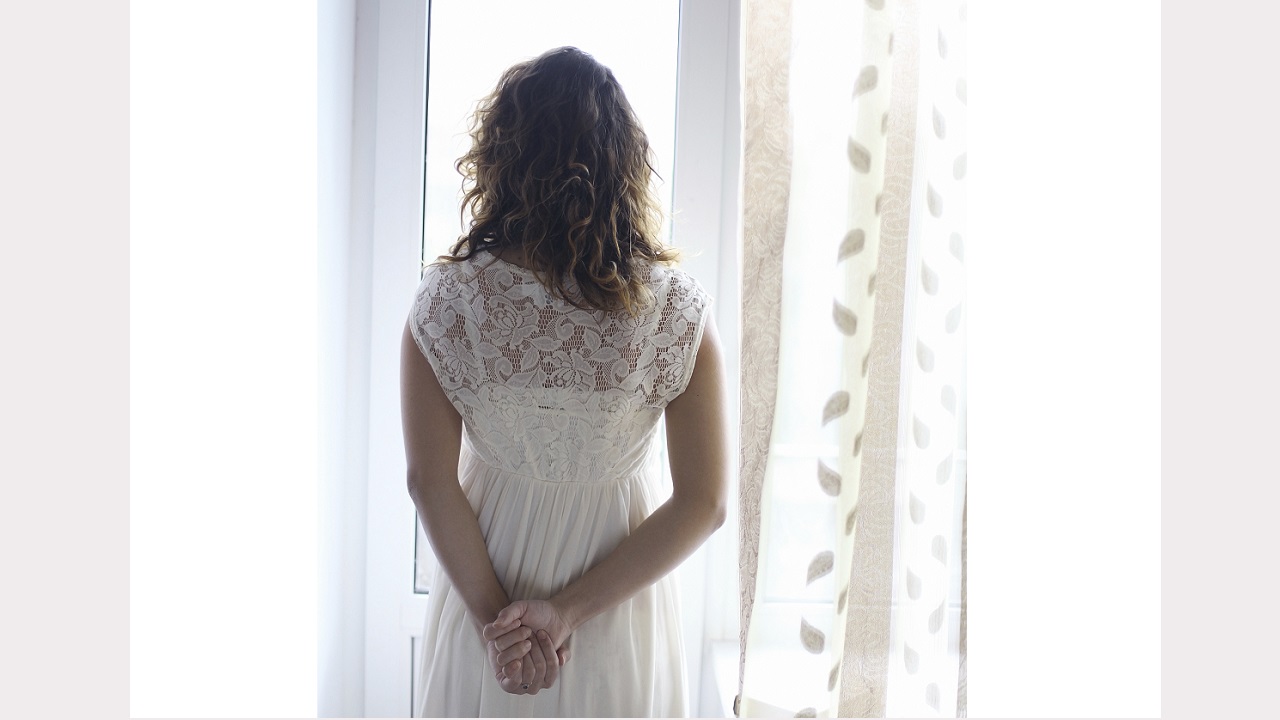Coping with loss and grief over the festive season
Coping with loss and grief over the festive season
by Anja Nieveler
Wednesday, December 16, 2015
Grief can resurface over the holiday season, but the right strategies can help with a heightened sense of loss.
Lucy, a 28-year-old law student from Canberra, was living in England when her father was diagnosed with cancer. She understood he was sick. She didn’t fully comprehend he was dying.
“Of course I was worried, but he was a very private person and tried to protect us, so it was not until I moved home and saw his physical deterioration that I understood that he was really dying,” she says.
For a few months her father was cared for at home, by his family, with the assistance of Clare Holland House. But when he stopped eating and drinking, he moved to the hospice as an inpatient so he could be more comfortable. He died a few days later, in January 2013; an anniversary that makes the festive season even more challenging.
“It was hard to accept his death,” Lucy says.
“Nothing can prepare you for it. You have a picture in your head about the person, strong, active and creative and suddenly this has all faded.”
Lucy has developed her own way of dealing with the emotions that surface at Christmas. On Christmas Day, she has breakfast with her sister, just like they used to do with their Dad.
“We often talk about him, listen to his music, tell each other stories we remember and honour him, rather than ignoring that he is no longer with us,” she says.
In the lead-up to Christmas Lucy feels less sociable. She likes to be alone and spend time actively acknowledging her father.
“It helps me to keep to myself, to put on the records my Dad was so fond of and develop an interest in the things he was passionate about,” she says.
“Then I feel like we keep our connection alive.”
She visits the Sculpture Walk at The Australian University that features giant spirit levels that her father helped to build.
Palliative Care Australia (PCA) CEO Liz Callaghan says the tradition of families coming together during the holiday season can heighten the absence of a loved one. Trying to remain upbeat for the benefit of others can be draining and people need to recognise when they need time to themselves.
“It’s important to only do what you can and feel confident to miss events if you are not ready to face them,” says Ms Callaghan.
“With so many celebrations and opportunities to meet up with friends and colleagues the pressure to be ‘happy’ all the time can be too much for people who may need some space.”
PCA has worked with psychologists, grief counsellors and social workers to develop seven tips for managing grief during the holiday season.
Ms Callaghan says the list encourages actively remembering loved ones, through a song or sharing memories.
“They say ‘the life of the dead is in the memory of the living’ so recalling those closest to us through small acts can help.”
Canberra Grief Centre grief counsellor and psychologist, Sonia Fenwick, agrees, suggesting that it can provide valuable cues for friends and family.
“If you’re unsure of how to support the bereaved, ask what is important for them on the day with respect to ritual and connection with the deceased,” says Ms Fenwick.
It also helps to keep expectations of someone experiencing grief realistic during times like Christmas, birthdays, and the anniversary of a loved-one’s death.
“At these times we might feel a strong sense of emptiness and the impact of our changed world. Christmas can be a day of mixed emotions; this is to be expected and ok.”
Her colleague Mandy Cox, also a grief counsellor and psychologist at Canberra Grief Centre, says it is important to remember that grief is not a pathological condition or a disorder, but a normal, human response to loss.
She says people experience bereavement differently and it may trigger a range of different emotions, including anxiety, yearning, regret or anger.
Jason Mills, a former palliative care nurse and PhD candidate researching self-care in the palliative care workforce, says self-care is especially important when emotional pain is overwhelming.
“In the same way that a physical wound needs the right conditions to heal, self-care and self-compassion can support the healing of emotional wounds that may arise through bereavement.”
He suggests exploring physical, emotional and spiritual self-care to see what is most helpful.
“This could be in the form of writing a journal, poetry, painting, or sharing experiences and stories and keeping rituals alive that were meaningful.”
PCA’s Ms Callaghan says that although grief is normal, and experienced differently by each individual, it is important to note if it stops the bereaved from performing routine daily functions.
“Then, it might be useful to seek professional help.”
